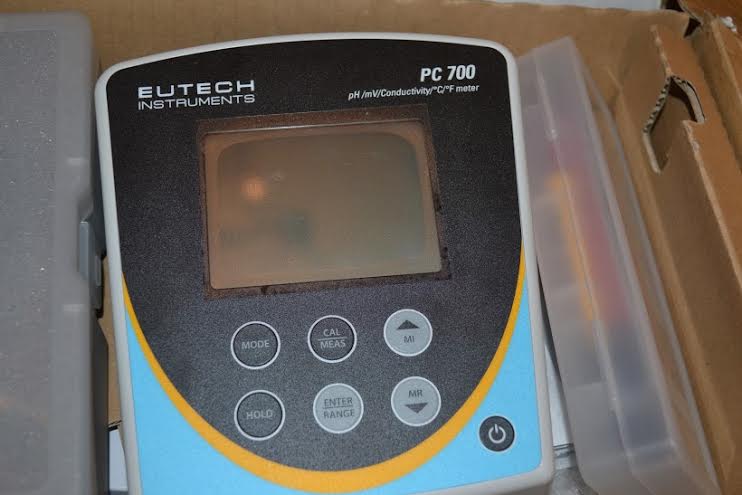Kathmandu metro to test drinking water
Kathmandu, September 7
Kathmandu Metropolitan City will soon be carrying out water analysis programme in collaboration with Methodology Centre for Environment Assessment from Czech Republic.
A set of portable water analysing equipment provided by METCENAS will be used to test the drinkability of water supplied to Kathmandu’s denizens.
According to Gyanendra Karki, chief of Environment Management Department at KMC, the drinking water supplied by Melamchi Water Supply Project, Kathmandu Upatyaka Khanepani Limited and others will be tested with the equipment.
“The equipment will check for harmful chemicals that contaminate drinking water. With the help of test results obtained, water quality can be ascertained,” said Karki. Initially the drinking water at Baneshwor, Kalanki, Maharajgunj, Balaju and Chabahil will be analysed and later the operation will expanded to other areas.
The equipment operates with eight methods that are automatically programmed for testing water quality.
“Besides testing the drinking water supplied by the stakeholders, the equipment will be used to test the water of stone spouts, wells, ponds and harvested rain water,” he added, saying that in future METCENAS would provide more equipment for analysing quality of soil, air and dairy products.
Rabin Man Shrestha, Chief of Environment Management Division at KMC said the water analysing equipment is worth 1,500 Euros.
Shrestha stated that students of science will be mobilised to conduct water tests with the equipment in the allocated areas. The metropolis will provide the lab to students for testing the drinking water.
Engineering and environment science students from Kathmandu University and other colleges will be working voluntarily to test drinking water quality.
“The students can reap the benefit of free lab test and do research for their thesis and practical tests by using internationally recognised equipment for testing drinkable water,” said Shrestha further stating that international experts from Czech Republic will be training the students.
The drinking water reports developed by students will be published monthly and KMC will share the report with the government, drinking water suppliers and the public for suggestions and feedback to improve the quality of drinking water.
“If the water is not found drinkable then the stakeholders will be suggested to improve the water quality in order to ensure supply of safe drinking water to the public as per drinking water standards,” he said.






